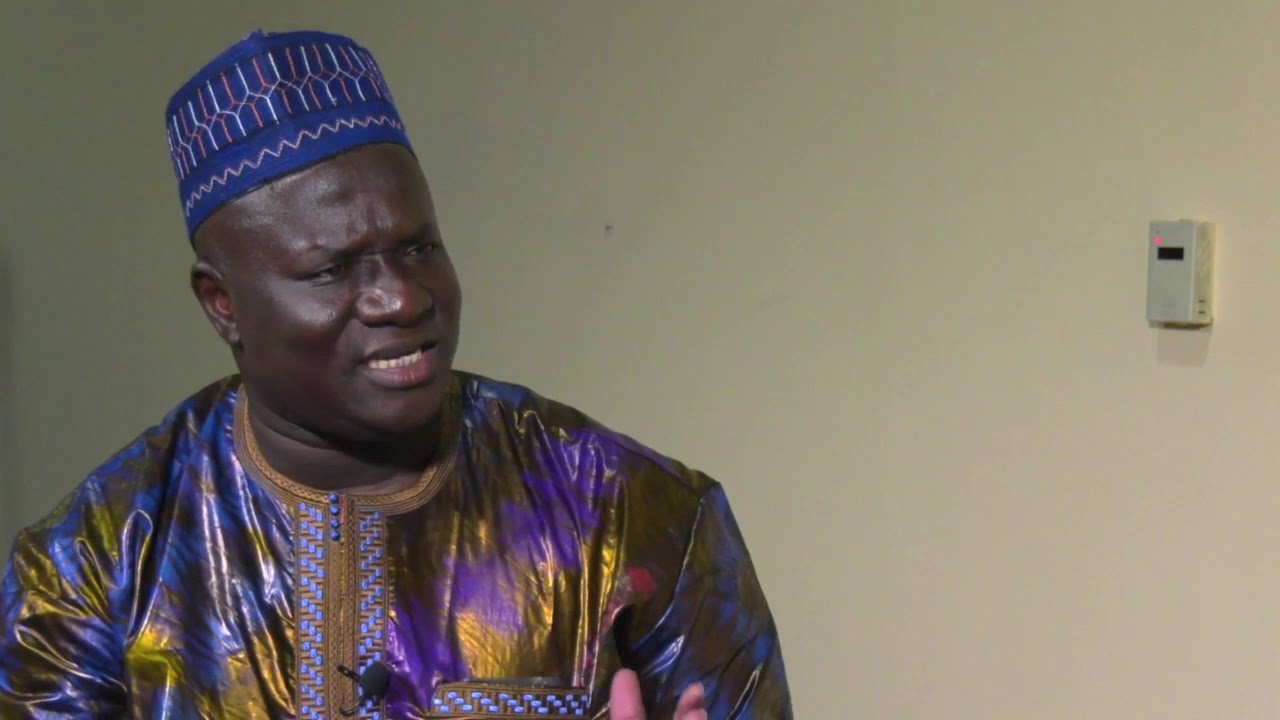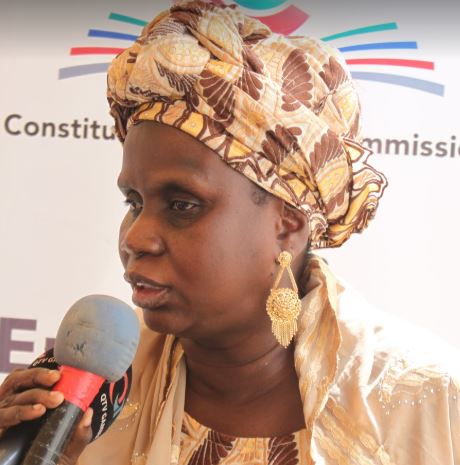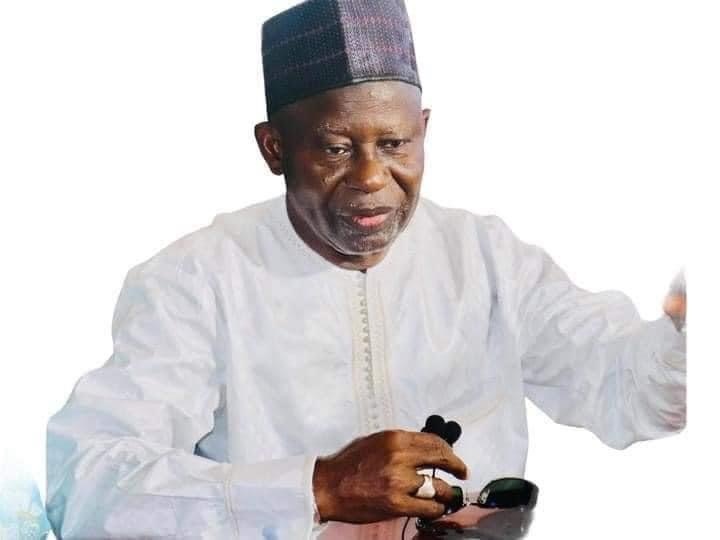Our GUEST OF THE WEEK
As National Assembly Members today debate on extension of the Public Health Emergency to 90 days as an attempt to prevent spread of COVID-19.
A State of Emergency derives from the government declaration as response to an extraordinary situation posing a fundamental threat to the country. The declaration may suspend certain normal functions of government, may alert citizens to alter their normal behaviour, or may authorise government agencies to implement emergency preparedness plans as well as to limit or suspend civil liberties and human rights. The need to declare a State of Emergency may arise from situations as diverse as an armed action against the state by internal or external elements, a natural disaster, civil unrest, an epidemic, a financial or economic crisis or a general strike. States of Emergency are not uncommon occurrences, particularly in dictatorial regimes where the State of Emergency may endure as long as the regime lasts. In some situations, martial law is also declared, allowing the military greater authority to act. Other terms for referring to emergency situations are State of Exception, state of alarm and state of siege.
Madi Jobarteh, in an interview with Musa S Sheriff, Editor-In-Chief of The Voice newspaper has discussed the issue of State of Emergency, Human Rights, recommendation for the implementation, who can declare State of Emergency among other pertinent things to know about State of Emergency.
Editor, Musa S. Sheriff spoke with Madi Jobarteh, on the current state of State of Emergency in The Gambia. Read the interview
The Voice: What is your recommendation to government to implement emergency plans?
M Jobarteh: Well, the Government has to be transparent in how it implements these emergency powers. I would say it must also ensure that it recognizes that it must follow the Rule of Law and protect Human Rights during emergency times. The situation does not give freehand to the government to disregard the Rule of Law and abuse emergency powers.
The Voice: What are the problems of Human Rights during emergency period?
M Jobarteh: Emergency situations cause a serious limitation to rights indeed. However, while such powers are not absolute hence the government’s obligation to respect and protect rights remains intact. In fact there are a set of rights called ‘non-derogable rights’ that cannot be limited in any way under a state of emergency. These include the right to life, right not to be discriminated, right not to be tortured, right not to be enslaved or subjected to forced labour or enforced disappearance or denied access to family or lawyers in case of arrest and detention. But also freedom of thought or conscience and religion cannot be stopped.
The Voice: What happens during State of Emergency?
M Jobarteh: A State of Emergency is declared in the first place because the country faces a situation that poses a threat to its life or existence. For that matter emergency powers give the state to embark on certain policies and actions that would not have been the case without such powers or under normal times. In other words, it makes the state expedite certain decisions or actions or refrain from certain actions or to even curtail certain rights just to give it the ability to contend with that situation that threatens the life of the nation. For example, it can allow the police to make certain searches of peoples’ house or impose curfews over longer periods or even make certain companies produce certain materials or force prices to go down including nationalizing certain entities or activities all in the interest of saving the nation. But for each action the state has to also base such actions on the law. This is why a State of Emergency has to be based on the Constitution. A State of Emergency is not a state of arbitrariness.
The Voice: Who has the authority to declare a State of Emergency?
M Jobarteh: A State of Emergency is first declared by the president and this can last for only 7 days and then any extension has to be approved by the parliament. If parliament is not in session the declaration can last for 21 days. Parliament can only approve for not more than 90 days which is renewable.
The Voice: Which Human Rights cannot be limited even in the event of a State of Emergency?
M Jobarteh: Rights that are not absolute can be limited such as freedom of assembly, association, worship (at least in terms of going to mosque/church) and movement. Basically civil and political rights can be curtailed.
The Voice: What essential principles must be respected during emergency rule?
M Jobarteh: Essentially, the declaration must be based on the law and a State of Emergency cannot be indefinite. There must be a real threat to justify it and also the measures taken must be reasonable or proportionate and of course must respect the principles of Human Rights.
The Voice: What mechanisms and approaches can help guard against the abuse of emergency powers?
M Jobarteh: The Government itself has to agree and submit itself to the principles of the Rule of Law and Constitutionalism. The parliament must be vigilant to ensure that the government performs their oversight function so that government does not act beyond its powers. There must be constant communication from the government to the people to update them on the state of affairs. Government has to open means of communication to hear and address people’s concerns and issues as a result of the State of Emergency.
The Voice: Which branch of government can declare a state of emergency?
M Jobarteh: It is declared first by the President for a limited period and any extension must be approved by the parliament.
The Voice: Your last words.
M Jobarteh: A State of Emergency is constitutional but it requires vigilance from the citizenry to ensure that there is no abuse of power and violations of rights. It is during such situations that governments also create unreasonable laws and measures and plunder public resources which they justify on the basis of the emergency. Hence citizens must be very alert to ensure that corruption and abuse of power do not take place.
More importantly the media has a bigger role to bring information to the people on the effects of the emergency situation as well as on the actions of the government. Journalists must monitor State officials and institutions to ensure that they are abiding by the emergency powers and not going beyond.





